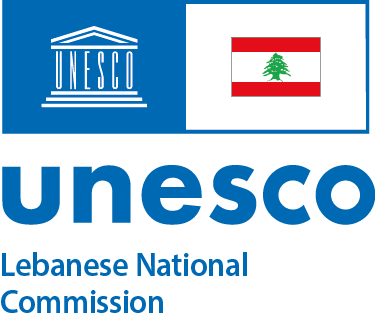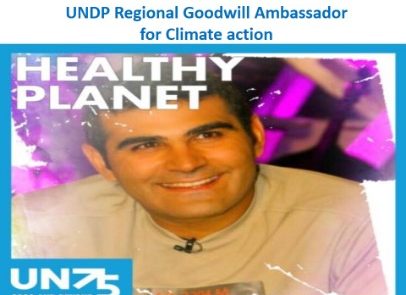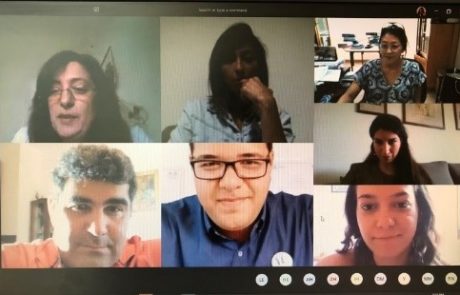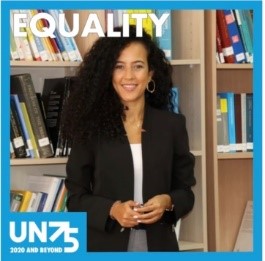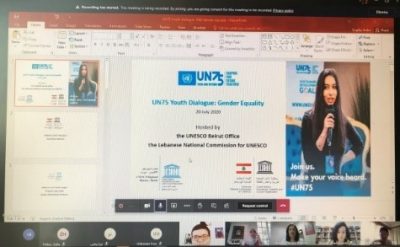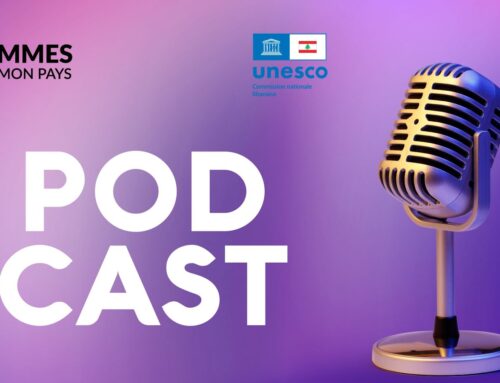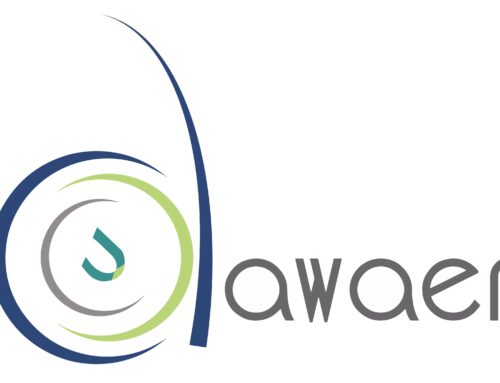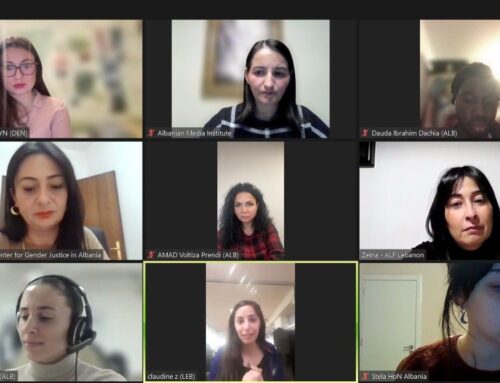“Which future do we want in Lebanon?”
UN75 Youth Online Consultations featuring Mr. Michael Haddad, UNDP Regional Goodwill Ambassador for Climate Action on Climate Change and its Impact on Development (6/7/2020); and Ms. Salam Zahran, Senior Specialist – Human Rights Center at Beirut Arab University on Gender Inequality (20/7/2020)
The UN is marking its 75th anniversary at a time of great disruption for the world, compounded by an unprecedented global health crisis with severe economic and social impacts. Our collective response to Covid-19 will determine how fast the world recovers, whether we achieve the Sustainable Development Goals, and how well we handle pressing challenges: from the climate crisis to pandemics, inequalities, new forms of violence, and rapid changes in technology and in our population.
In this context, UN is initiating multiple dialogues for action, globally. UNESCO in coordination with the UN Resident Coordinator’s office (UNRCO) in Lebanon and the Lebanese National Commission for UNESCO (LNCU) hosted two youth online consultation sessions on “Which future do we want in Lebanon?” aiming to highlight the voices of young men and women (15-24 years) in Lebanon.
The online consultations were moderated by Ms. Christiane Jeitani, National Coordinator of UNESCO Associated Schools and Clubs networks at the Lebanese National Commission for UNESCO, and attended by around 50 youth members of Clubs for UNESCO, NGOs, directors and coordinators, and students of UNESCO ASPnet.
The first UN75 Youth Online Consultation on Climate Change was organized on 6 July 2020, with Mr. Michael Haddad, UNDP Regional Goodwill Ambassador for Climate Action on Climate Change as a guest speaker. How do Lebanese youth perceive the future of Lebanon? And what is their vision for a better future, healthy and prosperous planet?
The webinar started with a welcome speech from Dr. Seiko Sugita, Program Specialist – Social and Human Sciences at UNESCO Beirut Office. Ms. Christiane Jeitani, gave a speech on behalf of the Secretary General stressing the importance of whole institution approach on ESD and climate change, as well as changing one’s behavior and mindset in order to face climate change as the former UNESCO Director General Mrs. Irina Bokova declared: “We need to change the way individuals think and act to change minds, not the climate, and education is crucial to achieve the dramatic transformation that is needed”.
Mr. Michael Haddad shared his inspiring story with the participants. “Nothing is impossible! Through breaking barriers we can prove to the world what we can do. Disability is a state of mind, it’s all about faith and determination”. He urged youth to be active and lead the change for a healthy and green country and planet, adding “climate change must be on top of our list of priority concerns that drive us all to action – in Lebanon, across the Arab region, and everywhere. We must all take concrete action to address this threat, as individuals, communities, and countries, and as a united global community. We have no place other than Earth to call home”.
Ms. Tatiana Matar from Clac – Kaa – Beqaa noted that the “rising temperatures threaten food and water security, hence youth activities that propose initiatives to address the climate challenge and promote agriculture. Caring for the land must be supported”.
Mr. Khalil Shamma member of UNESCO Club at Lebanese University – Saida stressed “the importance of organizing an awareness campaign in order to preserve the environment and the importance of creating a support programme for youth ideas”.
Mrs. Jinan Karameh, principal of Al Manar Modern School in Ras el Metn said that “to address the challenges that Lebanon and the world are currently facing, it is necessary to implement programs that support the ideas and creativity of young people and enhance their entrepreneurial skills in order to achieve sustainable development and enable them to achieve the desired change”.
The second UN75 Youth Online Consultation on Gender Inequality and its Impact on Development was organized on 20 July 2020, calling for women rights to be fully recognized and enforced in both policy and practice, with Ms. Salam Zahran, Senior Specialist – Human Rights Center at Beirut Arab University as a guest speaker.
After a welcome speech from Dr. Seiko Sugita highlighting the importance of achieving Sustainable Development Goal 5 “Gender Equality” and its impact on the development of any society. LNCU Secretary General, Dr. Tala Zein, mentioned that many parties, organizations and institutions have been working on gender equality and many achievements have been realized, therefore, we can see women raising their voices in different fields, such as education, culture, science and so on. “However, there is still a lot of work to be done in the near future to empower and enforce the role of women in our society, and ensure the “sustainable development”, which cannot be realized without the crucial participation of women”.
In her powerpoint presentation, Ms. Salam Zahran addressed the challenges that Lebanese women are facing, when it comes to civil and political rights (political representation and quota, nationality, women’s rights under Lebanese Personal Status Law – eligibility, custody, divorce), and the economic, social and cultural challenges (problems at work, Social Security Law, child/ early marriage, absence of jurisdiction explicitly addressing sexual assault and harassment in the workplace, and the domestic workers’ rights in Lebanon). She incited the young participants to be actively engaged in youth and women’s movements, to organize activities towards ending violence against women and girls, to take actions to support economic empowerment, strengthening the advocacy on Gender Equality and emphasizing social values (global citizenship, solidarity and empathy).
One of the participant, Jad, said “Let’s challenge cultural stereotypes and promote instead a culture of equality where men and women act as equal partners”.
Nora noted that “achieving gender equality in Lebanon requires strong partnerships with governments, municipalities and NGOs. It is a long path that cannot happen overnight but needs strong political will and steady commitment of all stakeholders”.
